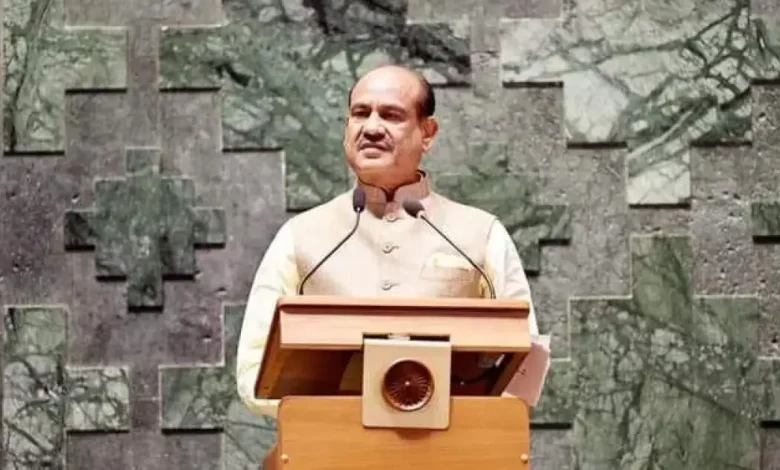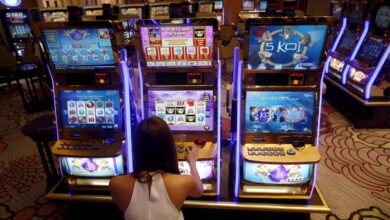
In a move that has ignited a fierce debate in Indian political circles, the newly elected Speaker of the Lok Sabha, Om Birla, has courted controversy with his comments on the Emergency imposed by former Prime Minister Indira Gandhi in 1975.
During his first address as the 18th Speaker of the Lok Sabha, Birla described the Emergency as a “black chapter” in India’s history, stating that the Lok Sabha “condemns the decision to impose Emergency in 1975.” He asserted that the democratic values of India were “crushed” and the “freedom of expression was strangled” during that period.
Birla’s remarks did not sit well with the Opposition, who immediately broke into protests and sloganeering within the Parliament. The Lok Sabha, however, ultimately elected Birla as the Speaker through a voice vote. Prime Minister Narendra Modi congratulated him and expressed confidence in his guidance for the next five years.
The election for the Lok Sabha Speaker post was a departure from the traditional consensus-based approach, with the Congress-led INDIA bloc fielding Kodikunnil Suresh as its candidate against the BJP’s Om Birla. Such a contested election for the post has been a rarity, occurring only three times in India’s history – in 1952, 1967, and 1976.
In his address, Birla stated that “the 25th of June 1975 will always be known as a black chapter in the history of India” and that Indira Gandhi had imposed a “dictatorship” in the country. He asserted that India is known worldwide as the “mother of democracy” and that democratic values have always been “protected and encouraged” in the country.
The controversial remarks by the newly elected Speaker have sparked intense debates and discussions within the political landscape, with the Opposition vehemently protesting against Birla’s characterization of the Emergency period. The incident underscores the continuing tensions and ideological divides in India’s parliamentary democracy.



